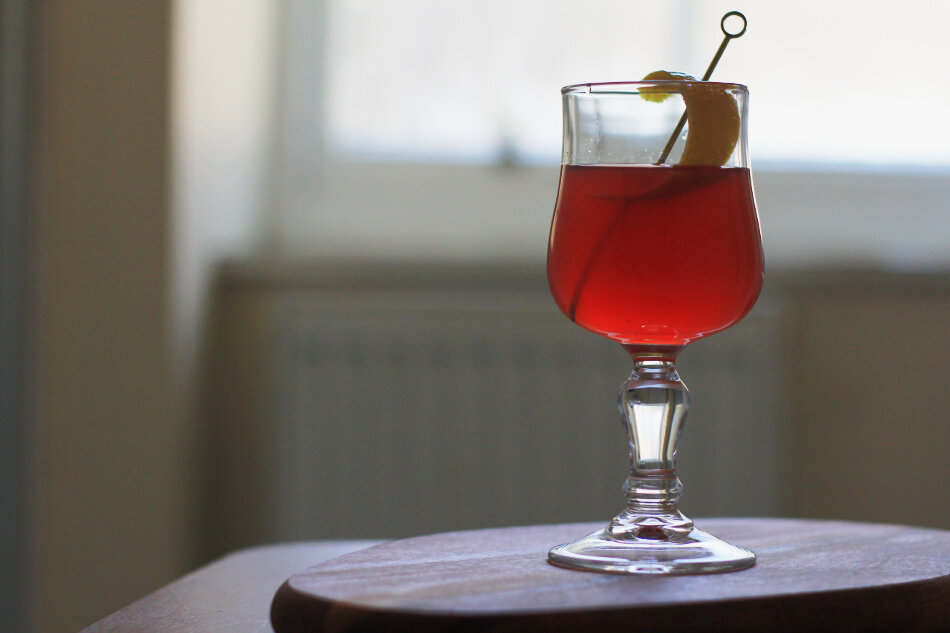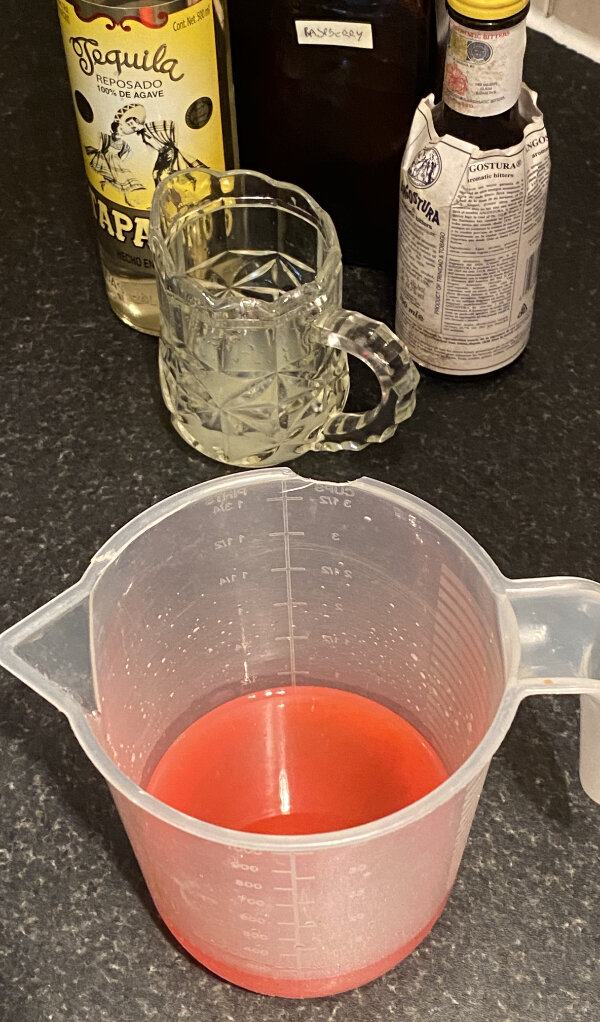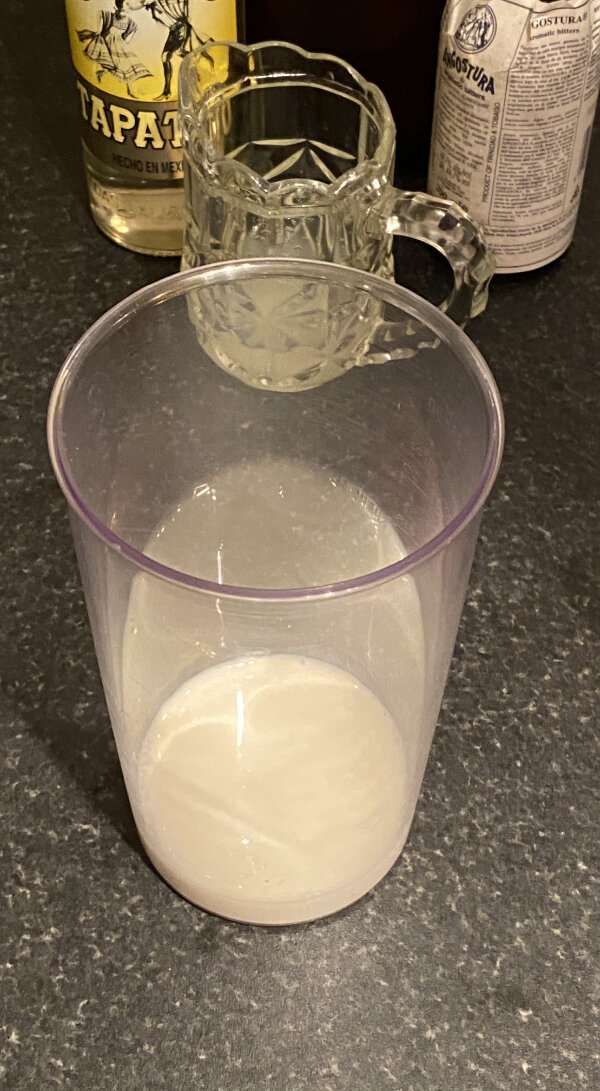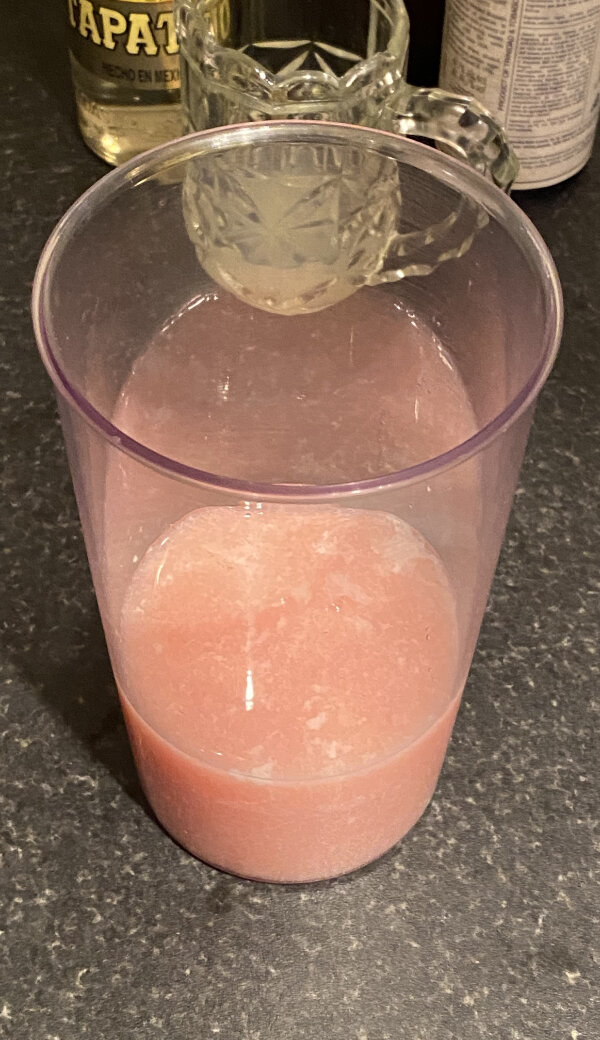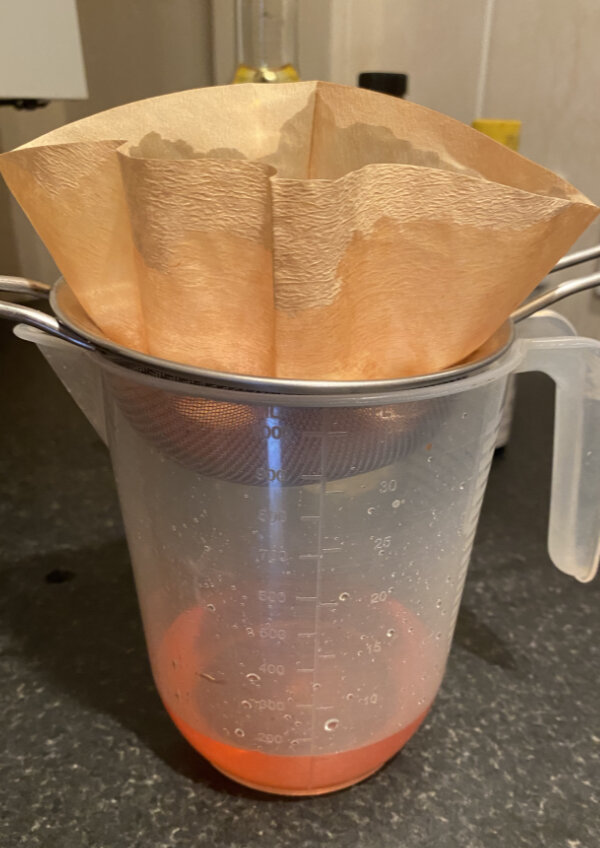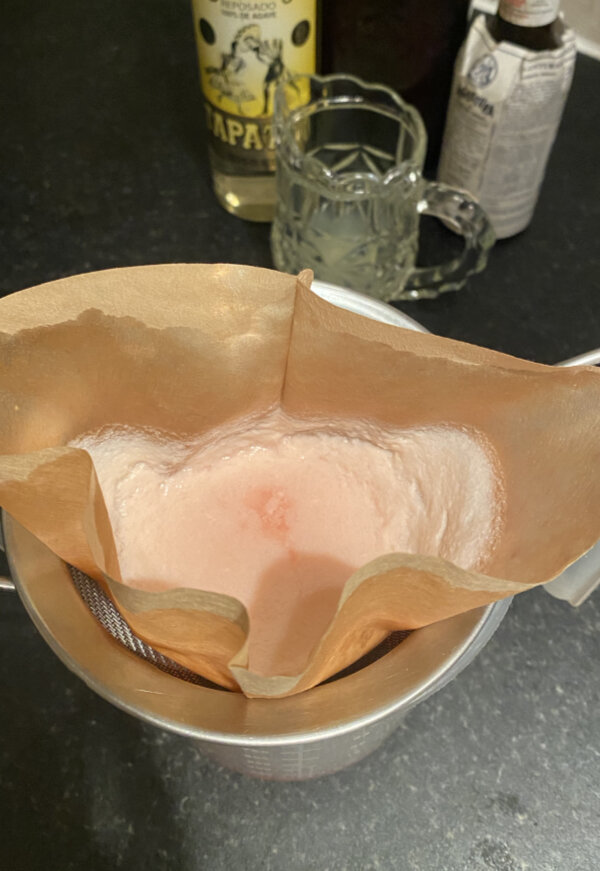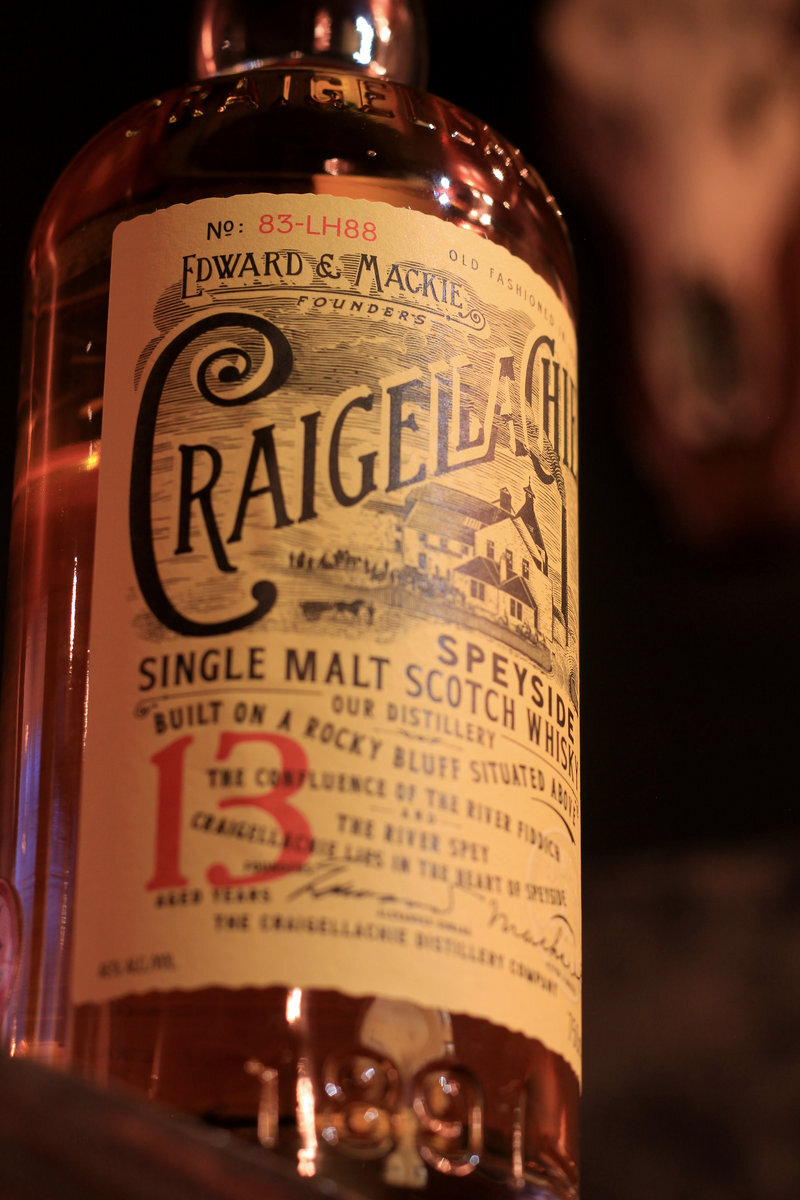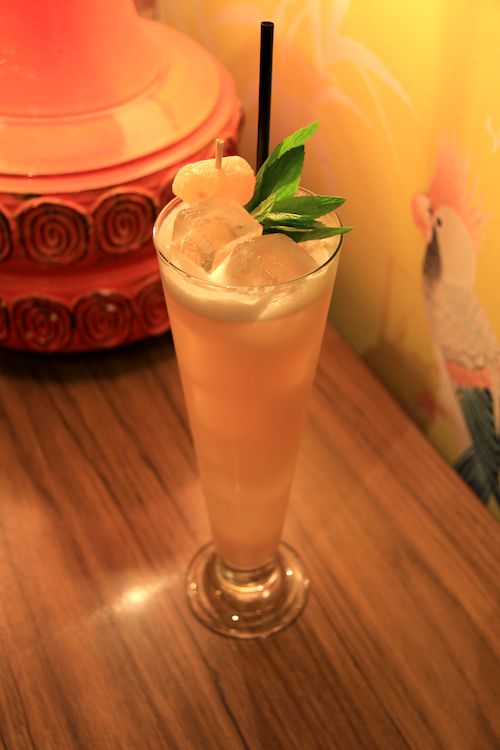Clarified milk punches are kind of the new hotness over the past few years, even though there’s records of the technique being used dating back to at least 1711. It’s a relatively simple way of making clear drinks that have a wide range of flavours that you don’t often find in liquids that aren’t opaque.
For all that’s is theoretically simple, there are a few different steps that require a fair bit of attention and I remember finding a lot of conflicting information when I first started experimenting with the form - I wouldn’t describe it as difficult but it is a process that’s quite involved. Over time, I’ve found a work flow that seems pretty solid for how I work.
The basic idea is that adding milk into a cocktail recipe causes the milk to split and form curds. Those curds clump together, trapping all the particles that make a liquid translucent, and can then be filtered out pretty easily.
The first step is finding a recipe. I wanted to do a tequila drink because a) tequila is great, b) I managed not to post anything relevant around Cinco de Mayo, and c) tequila is great. Given that I also have a bit of raspberry syrup kicking around after last week’s post, using that would be ideal.
One recipe that caught my eye was the Mexican “Firing Squad" Special from Charles H. Baker’s The Gentleman’s Companion:
Mexican “Firing Squad” Special
Build in a Collins glass filled with shaved ice:
4 oz tequila blanco
1.5 oz lime juice
2 tsps grenadine, to taste
2 dashes Angostura bitters
Garnish with a slice of orange.
Garnish with a slice of pineapple.
Garnish with a red cherry.
On paper, there’s one element that really stands out - the four ounces of tequila. In metric, that’s 120 ml or near enough five shots for the UK drinker which is, uh, a lot for a single drink. It’s a lot for two drinks.
It’s possible that the fact the drink is served long goes some way to taking the edge off the booze but I’m going to rework things a little. The original recipe has eight parts of tequila to three parts of lime juice to 2/3 of a part of grenadine; for my purposes, I’m revising it to 5:2:1 and swapping in raspberry syrup for the grenadine, so the recipe now looks a little like:
75 ml / 2.5 oz tequila
30 ml / 1 oz lime juice
15 ml / 0.5 oz raspberry syrup
2 dashes Angostura bitters
With a recipe sorted, we’re ready to start messing about with milk and stuff.
One of the first things to note about clarifying a milk punch is that it’s a technique that doesn’t lend itself to single serves - you’ll want to batch up a few serves at once, as getting from having your initial non-clarified drink to the final product takes a bit of time and repeating the process is, frankly, pretty dull. I started by pouring enough to make two serves into a mixing jug.
